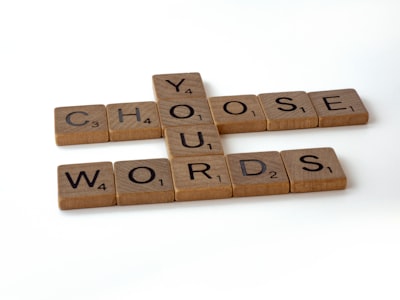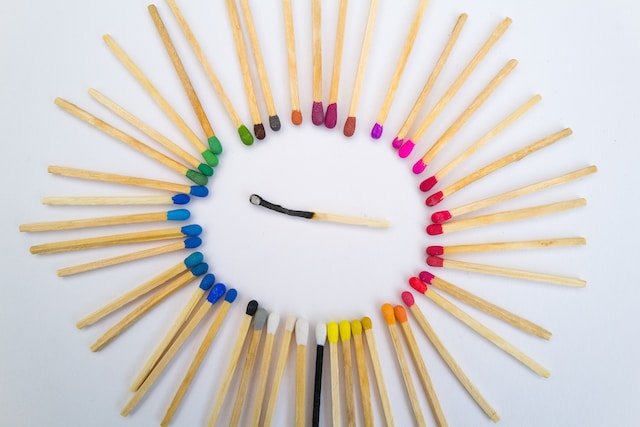Dating with Borderline Personality Disorder (BPD) can be challenging due to the condition’s unstable emotions and relationships. However, there are ways to navigate these difficulties and establish healthy, meaningful connections. Here are some tips to help those with BPD achieve fulfilling and sustainable relationships.
Educate Yourself About BPD
Dating someone with Borderline Personality Disorder (BPD) can present unique challenges, but with the right understanding and support, it is possible to have a healthy and fulfilling relationship. Here are some important tips to keep in mind:
1. Learn about BPD
Educate yourself about the symptoms and characteristics of BPD. This will help you understand your partner’s experiences and behaviors, and it will also help you separate the person from the disorder.
2. Be compassionate and patient
People with BPD often struggle with intense emotions and mood swings. It’s important to be patient and understanding, recognizing that your partner may not always be in control of their emotions.
3. Set boundaries
Setting and maintaining healthy boundaries is crucial in any relationship, including those involving someone with BPD. Be clear about what you are comfortable with and what you are not, and communicate these boundaries to your partner. This will help prevent any controlling or manipulative behaviors and ensure that you both have a sense of security and respect in the relationship.
Dating someone with BPD can be challenging, but with patience, understanding, and open communication, it is possible to have a rewarding and fulfilling relationship. Focus on building trust, supporting each other, and taking care of yourself and your own needs.
Effective Communication

Effective communication is crucial when it comes to dating with borderline personality disorder (BPD). Here are some tips to help improve communication and make dating a more positive experience:
1. Be open and honest about your BPD
It’s important to be upfront about your condition and how it may affect your dating experience. By discussing BPD with your potential partner early on, you can set expectations and create a foundation of understanding.
2. Practice active listening
Show your date that you are actively engaged and interested in what they are saying. Avoid interrupting and give them your full attention. This will demonstrate that you value their thoughts and feelings.
3. Use “I” statements
Instead of making accusatory or blaming statements, focus on expressing your own feelings and needs using “I” statements. For example, say, “I feel anxious when I don’t receive a response to my messages” instead of saying, “You never respond to me!”
4. Be mindful of your emotions
BPD can cause intense emotions, which can sometimes lead to impulsive or irrational reactions. Take a moment to recognize and regulate your emotions before responding to your date. This will help prevent misunderstandings and unnecessary conflicts.
5. Practice empathy
Put yourself in your date’s shoes and try to understand their perspective. This will help you communicate with more compassion and sensitivity, fostering a deeper connection.
6. Validate your date’s feelings
Make your date feel heard and understood by validating their emotions. Let them know that you acknowledge and respect their feelings, even if you don’t necessarily agree.
Effective communication takes practice and patience. It’s essential to be gentle with yourself and your date as you navigate the challenges of dating with BPD. With time and effort, you can build healthy and fulfilling relationships based on open and honest communication.
Building A Support Network

Building a support network is crucial for individuals with Borderline Personality Disorder (BPD) when navigating the dating world. Here are some tips on how to build a strong support system:
1. Seek Professional Help
Consider therapy options such as dialectical behavior therapy (DBT) or mentalization-based therapy (MBT). A qualified therapist can provide guidance, teach you coping strategies, and help you develop healthy relationship skills.
2. Join Support Groups
Look for support groups specifically for individuals with BPD or mental health communities. Connecting with people who share similar experiences can provide validation, understanding, and a sense of belonging.
3. Lean on Friends and Family
Reach out to trusted friends and family members who can provide emotional support. Surrounding yourself with loved ones who are understanding and accepting can help you feel less alone and more supported.
4. Educate Your Loved Ones
Share information about BPD with your support network. Educating your friends and family members can help them better understand your experiences and provide the support you need.
Remember, building a support network takes time and effort. Surround yourself with people who uplift and support you, and be sure to reciprocate that support when others reach out to you. Together, you can navigate the challenges of dating with BPD and build healthy and fulfilling relationships.
Neal has more than 10 years of experience as a dating coach. He has guided 100+ men and women through the intricate art of courtship and transformed their love lives. Neal’s knowledge of dating strategies, coupled with his genuine empathy and understanding, allows him to help his clients foster genuine and meaningful relationships.



